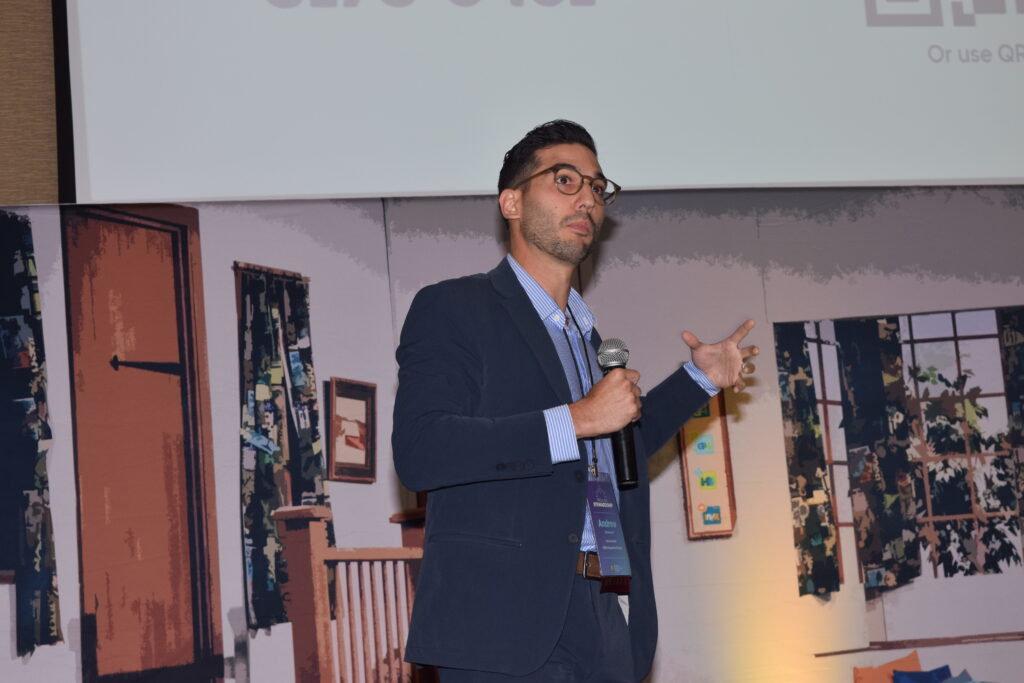Did you know that on average, adults try to lose weight on their own seven times before seeking the help of a professional? Obesity is not simply a lifestyle problem but has its own pathophysiology.
A highly anticipated presentation at the Pittsburgh Business Group on Health 2021 Heath Care & Benefits Symposium was the interactive discussion entitled The Weigh In presented by Andrew Schneider, medical accounts associate director with Novo Nordisk.
Obesity is a stigma. Obesity impacts employers and productivity in employees. Obesity leads to other health issues. Therefore, it is safe to say that obesity is an issue on which we all should be focused.
Obesity in America is considered an epidemic affecting approximately one in three adults and children. Elevated BMIs are responsible for an increase in direct and indirect healthcare costs across multiple industries. The highest total costs have been observed in government, education, religious services, technology industries and food and entertainment services. Line items on additional expenses paid out by employers include medical care, pharmaceuticals, medical-related absenteeism, disability, presenteeism, and workers’ compensation. Ultimately those increased costs to the employers will roll into increased health care premiums for all employees in subsequent years.
Health-related organizations, agencies, and professional associations have recognized obesity as a global health challenge requiring a chronic disease management model. Many patients regard weight loss completely as their own responsibility. However morbid obesity may require more intense interventions. These include lifestyle changes, pharmacotherapy, medical devices, or weight loss surgery. The unfortunate fact in tackling this issue, is that unlike other chronic diseases, reimbursement strategies for obesity are often lacking through medical benefits.
We need to break down the barriers to a chronic care model for treating obesity. As the American Medical Association has stated, recognizing obesity as a disease will help change the way the medical community tackles this complex issue. We need to implement practices and strategies with the assistance of employers and insurance companies to combat this growing issue.

Post a Comment